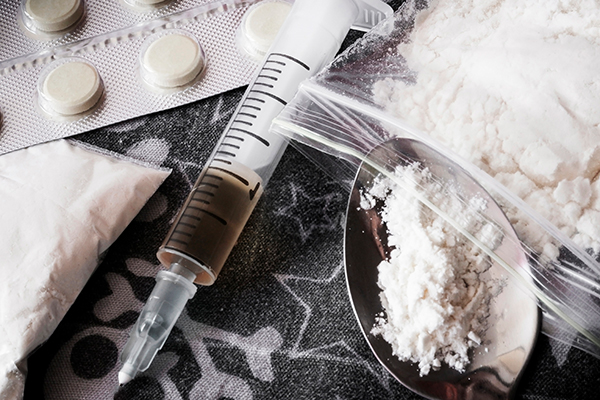Opioid abuse and addiction have taken the U.S. by storm. This epidemic is something almost no one saw coming, and despite the laws, guidelines, and reformulations that have been put into place, things have continued to worsen. Every day someone loses their life from an opioid overdose. A mother, father, child, or friend is left to grieve over a loss that could have easily been prevented. We know long-term opioid use can have devastating effects on an individual’s entire body, but how does long-term opioid use affect one’s immune system? Can it cause autoimmune disease?
Opioids and the Immune System
The effects that opioids have on the immune system are currently not fully understood. The evidence that does exist shows that those who abuse opioids on a chronic basis are predisposed to higher rates of viral, bacterial, and fungal infections. Also, long-term opioid abusers can develop chronic inflammation and increased sensitivity to pain from the body’s immune system; this is caused by the individual’s body making antibodies against the drug. There are two components to the immune system: the acquired immune system and the innate immune system. The innate immune system is the body’s first line of defense and the most rapid response system to prevent the entry of microorganisms.
More About Opioids and the Immune System
The acquired or adaptive immune system could take days to weeks to develop the appropriate responses of the B and T lymphocytes. Opioids affect cellular function across many immune cell lineages and affect both the adaptive and innate immune systems. Therefore, the actual effect of opioids on the immune system is quite complex. Research is being done to determine any other potential effects opioids may have on a person’s immune system; however, it is possible that long-term opioid use and abuse could cause several different autoimmune diseases.
Adverse Effects of Long-Term Opioid Use
Opioids effectively relieve moderate to severe short-term pain, but cautionary measures should be taken when prescribing them on a long-term basis. Long-term opioid use can have several negative consequences. The adverse effects can affect nearly every organ system. The Annals of Internal Medicine “Long-Term Opioid Therapy Reconsidered” states:
Direct risks of long-term opioid therapy are not limited to opioid addiction and overdose. Potential medical risks include serious fractures, breathing problems during sleep, hyperalgesia, immunosuppression, chronic constipation, bowel obstruction, myocardial infarction, and tooth decay secondary to xerostomia. Clinical data suggest that neuroendocrine dysfunction may be common in both men and women, potentially causing hypogonadism, erectile dysfunction, infertility, decreased libido, osteoporosis, and depression. Recent studies linked higher opioid doses to increased opioid-related mortality. Controlled observational studies reported that long-term opioid therapy might be associated with increased risk for cardiovascular events. A descriptive study of 133 persons aged 65 years or older receiving long-term opioid therapy found that 5% were hospitalized for opioid-related adverse events. Nonetheless, recent guidelines from the American Geriatrics Society concluded that all patients with moderate to severe pain be considered for opioid therapy. This recommendation was based in part on the unfavorable safety profile of nonsteroidal anti-contentious and controversial, but two points are now widely agreed on. First, chronic pain has substantial negative effects. About 25% of adults have moderate to severe chronic pain, and about 10% have disabling chronic pain that limits work and family activities. (NIH)
Overcome Opioid Addiction at Evoke Wellness at Cohasset
If you or someone you love is struggling with an addiction to opioids, our addiction specialists are available around the clock to assist you. Evoke Wellness at Cohasset offers evidence-based addiction treatment that caters to the individual needs of each patient. Our solution-focused addiction treatment provides men, women, and families with comprehensive and integrated care that will lead you on the road to long-lasting recovery. So you don’t have to suffer any longer, call us today. We are available 24/7 and all calls are free and confidential.




